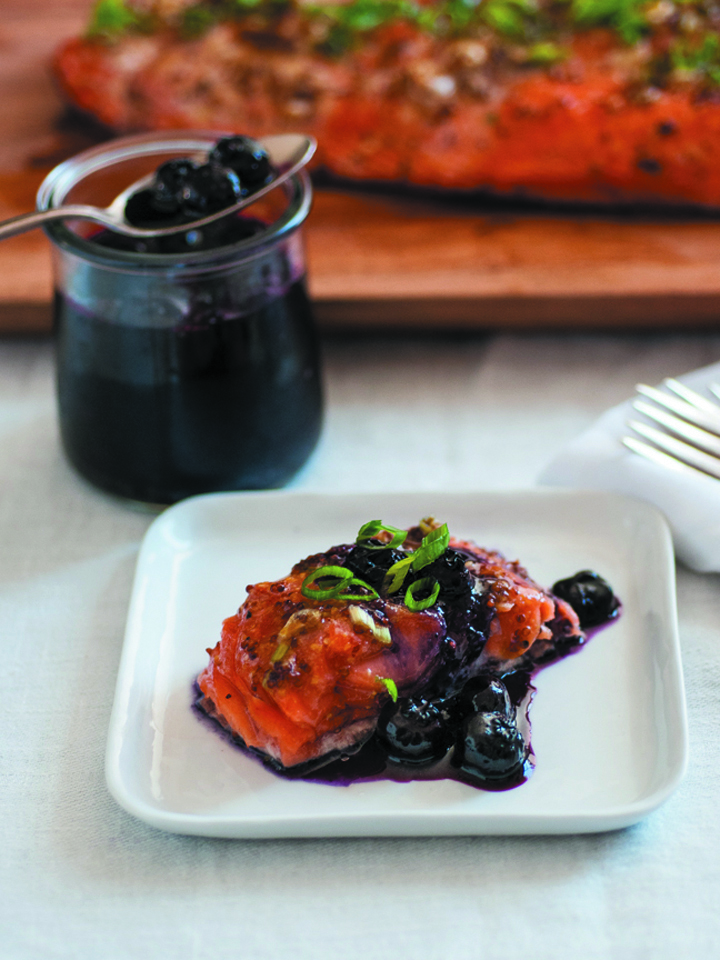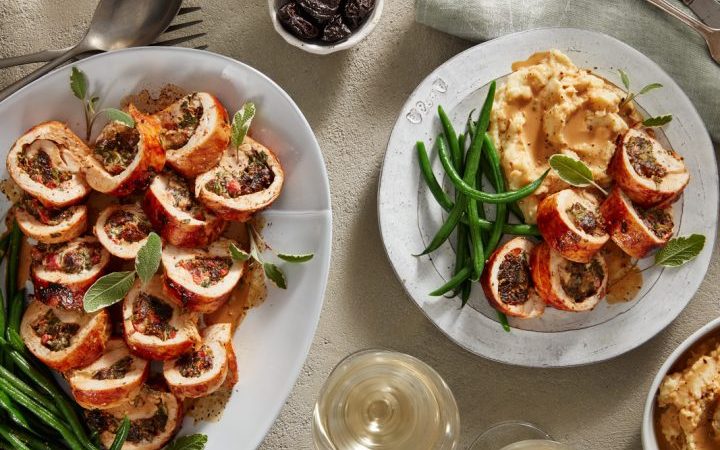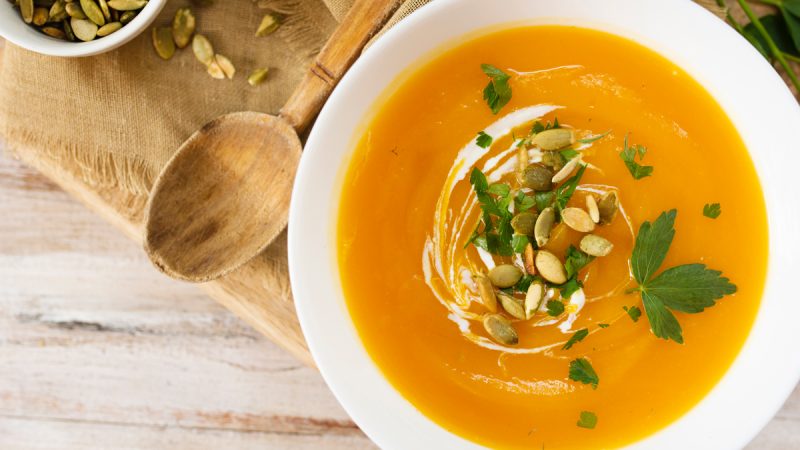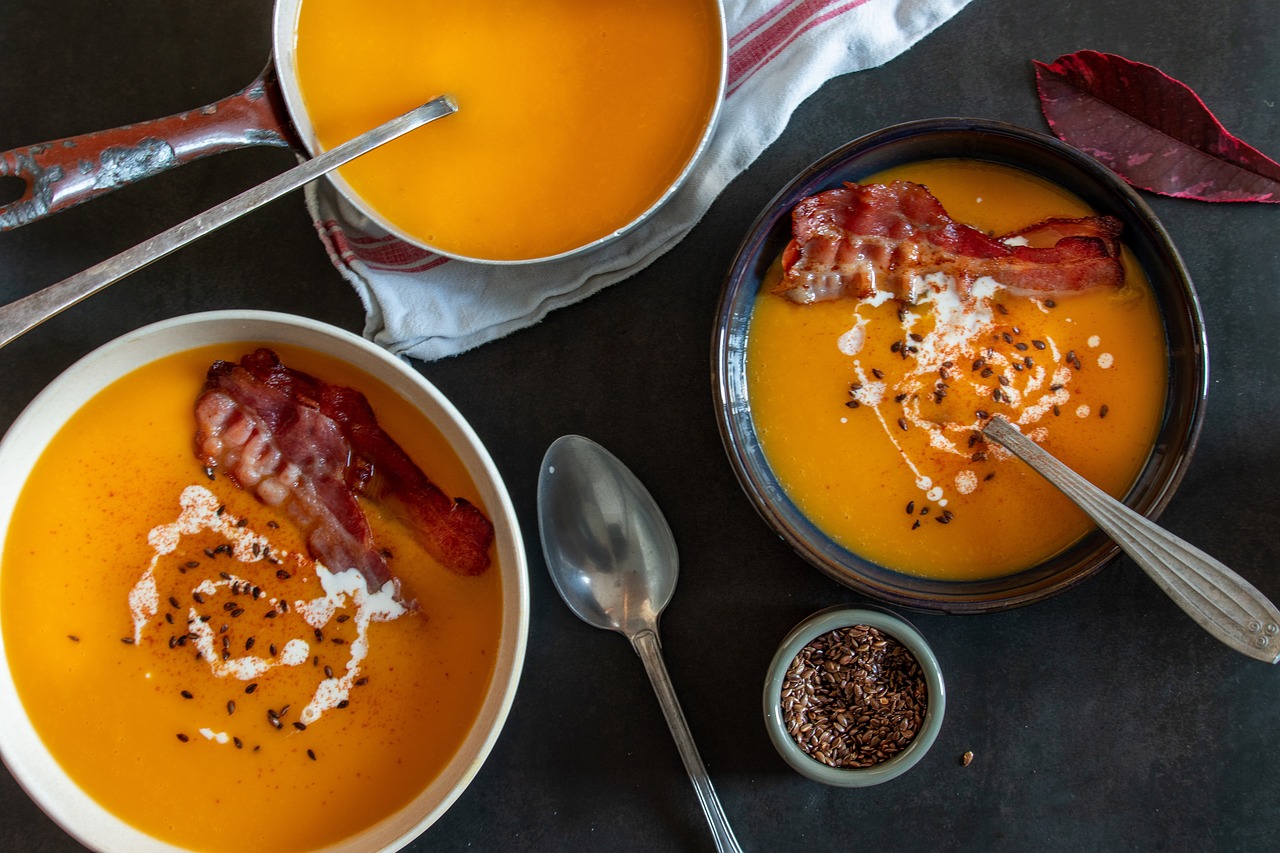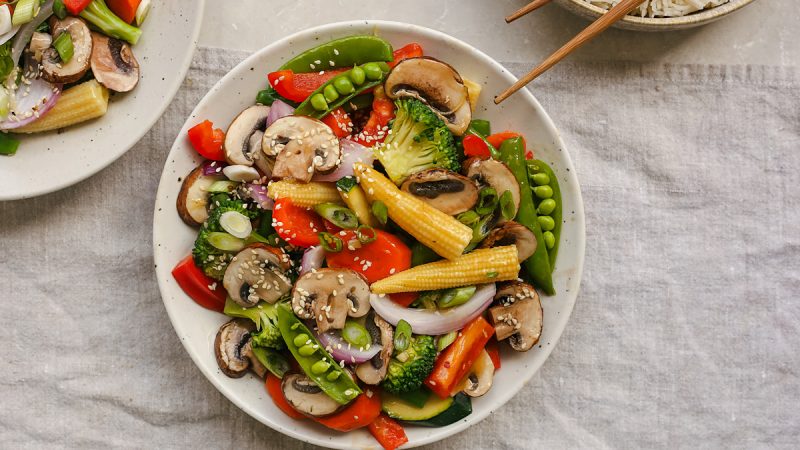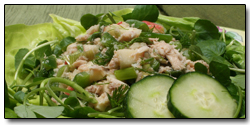Homemade Barbecue Marinades Made Easy
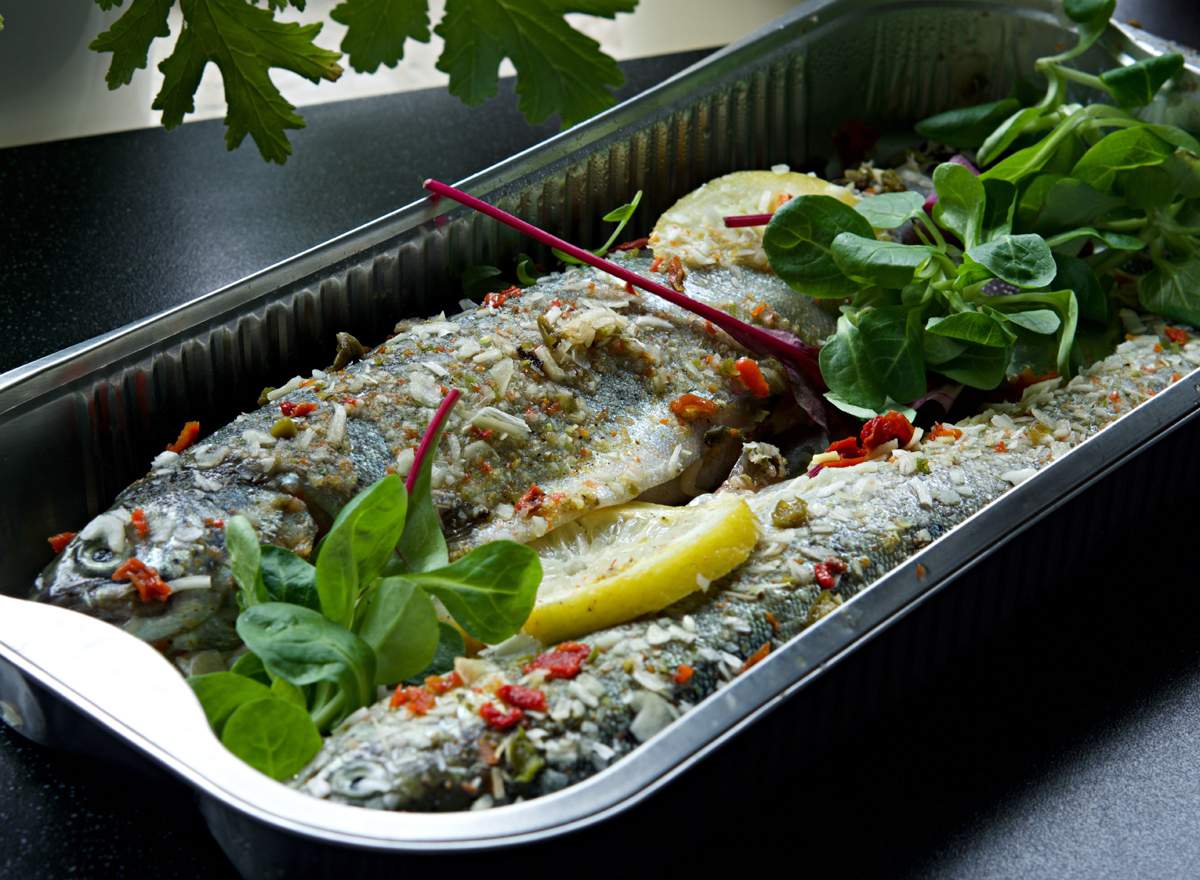
Marinating is simply adding food to a seasoned, and and sometimes acidic, liquid to make it more succulent or provide additional flavor, and this guide to making your own homemade barbecue marinade will help you start creating your own personal favorites at home.
To begin with, you will find that marination exists for almost every type of cuisine. Many of the hot and sweet dishes in Asian or Caribbean cuisine, rely heavily on marinades to provide the distinctive flavor associated with that particular country or region.
Marinades are incredibly versatile and can be used to provide either a slight flavour by using relatively weak ingredients, or a particularly strong flavor when rich ingredients such as herbs and spices are used.
The Key Ingredients To a Good Barbecue Marinade
The core ingredients for marinades exist in three groups which are; acids, ie vinegar or lemon juice; oils and seasoning.
Marinating food can’t be easier, though it must be remembered that when using one, allow additional time beforehand during preparation so that meats and fish have sufficient time to steep in the marinade in order to take on the flavors.
To get the best flavor from the marinade, it should be left in a refrigerator overnight, with the food being covered in a glass bowl so that there is plenty of time for the flavors to become infused. The marination process also helps to break down the fibers so that the end result is more succulent.
Never leave a marinade unrefrigerated at room temperature for any length of time, as this will promote the growth of unwanted bacteria and could potentially lead to food poisoning.
The rule of thumb is to cover food that has been marinated and leave it to chill for as long as necessary.
What Do Marinades Actually Do?
Marinade ingredients all work differently.
Oils are used specifically to hold in the flavor and water in the food so that it becomes succulent when cooked. Oils such as sesame, and olive oil are perfect for this purpose and are essential to producing food that has plenty of additional flavor.
The beauty of using oils in barbecue marinades is that they are readily available off the shelf with a variety of flavors already locked in. Flavors such as lemon, garlic or chili can add intense flavors to your meat, and of course, you can always make your own.
Marinades are also used to help tenderize tougher meats such as lamb or beef by using ingredients that contain acidity, such as of red or white wine and vinegar. These acids work on the fibers of the meat and break it down slowly which results in more tender barbecue food.
Making a Fish Marinade
When marinating fish, use some caution, as it is quite easy to over-do it, and inadvertently add too much liquid that contains acids. This will result in fish that can become sloppy, and even break down altogether resulting in a paste rather than a moist, flavorsome piece of fish.
Making a good fish marinade is slightly harder than making one for meat, so watch the video below. It will show you how and take the worry out of making one for the first time.
Vegetables also benefit from marination, particularly “hard” ones, such as beetroot or aubergine, and these can benefit greatly from the flavors that are imparted from a subtle marinade containing herbs.
Marinades that contain lime, lemon or orange work particularly well with stronger flavored gamey meats such as duck, rabbit and venison. These zingy marinades help to cut through the fat and provide a clean and very palatable flavor.
Seasoning’s To Use in Barbecue Marinades
Salt, freshly ground black pepper, white pepper, minced ginger/garlic/chilli/shallots, onion and fresh herbs are capable of transforming a marinade into something very special. Work with the meal you are creating and select the seasoning’s that are most appropriate for that particular dish. Cinnamon works well with Lamb as used in Moroccan cuisine, dill for chicken and poultry, and thyme or rosemary for poultry.
The following herbs are tried and tested marvels that complement these meats:
Beef: thyme, celery, marjoram, coriander, sage, rosemary, oregano, garlic
Chicken: garlic, marjoram, tarragon, oregano, coriander
Fish: grilled: thyme, coriander, fennel, rosemary
Pork: marjoram, mustard, oregano, sage, rosemary, thyme, garlic
Roast Beef: basil, oregano, thyme, mustard, rosemary, garlic
Turkey: basil, rosemary, cumin, oregano, thyme, sage
Easy to find marinades
You would be surprised at how many of your store cupboard ingredients can be easily utilized to great effect in marinades. Honey or ketchup can be used to thicken and add a sweet or slightly tangy flavor, and spices such as ground cardamom can be used to add a light fragrance.
Almost any spice or herb can be used in a barbecue marinade, and experimentation will help you determine what flavors complement your food the best.
When using an ingredient in your barbecue marinade for the first time, add a little at first in order to avoid overpowering it with any one particular flavor.
Getting The Most Flavor From Your BBQ Marinade
Use plastic, glass or ceramic containers for marinating; metal can react with the acids and spoil the flavour. Shallow vessels are best because they allow the marinade to cover more surface area. If the food is not completely covered or submerged in the marinade, turn the food every half-hour to ensure even marinating.
It may help to prick meat with a knife or fork to encourage flavors to be absorbed beyond the surface. Crushing ingredients such as garlic to release the juices (instead of simply cutting it) can add a more intense flavour, as can crushing whole black peppercorns. The zest of citrus fruits such as lemon or lime contains fragrant essential oils that can also impart a delicate yet rich aroma to chicken or fish.
Barbecue Marinade Tips
One of the best tips when making your own barbecue marinade is to remember to add the ingredients slowly and progressively and to ** TASTE ** the marinade as you go along. If you enjoy the taste of your marinade, then you know you are going in the right direction!
Allow some consideration as some marinades that contain wine, vinegar or strong flavors will taste quite strong on the palette when the marinade is tasted in its pure form. This is perfectly fine as most of the sourness will cook out when the food is barbecued.
Never, ever, re-use a barbecue marinade. When a marinade raises to room temperature, the onset of bacteria growth occurs and this can lead to food poisoning. Always cover and refrigerate your marinated barbecue food, and discard any that is left over after cooking.
When refrigerating your barbecue marinade, never use a container made from aluminum as marinades with acidic components may possibly react with the metal which will have a negative impact on the flavor of your marinade, and food. The best marination containers are made from ceramics, glass, and zip-lock style plastic bags.
The Author:
I hope you have enjoyed learning how to go about making your own homemade barbecue marinade. If you would like more tantalizing recipe ideas for your next barbecue, or find out more on how to make great a homemade barbecue marinade, then head over to Barbecue Party. They have a wealth of BBQ guides, recipes, how-to’s, hints, tips and reviews, with a BBQ blog that is updated daily, so don’t forget to subscribe to their feed.


